A panel of leading economists and trade experts will help DIT develop cutting-edge trade models to reflect the modern economy and impact of Covid

The Department for International Trade (DIT) is convening five leading economic and trade experts in order to advise on how we develop and use cutting-edge new trade models and techniques. This is part of the Department’s efforts to maximise the benefits of free trade deals and enhance the UK’s trade negotiating ability.
The panel will advise DIT’s Chief Economist on how best to incorporate wider global economic developments – including the impact of COVID-19 and increased protectionism – into its economic and trade modelling.
As conventional assessments can often understate the benefits of innovation, trade in services and the longer-term trends reshaping the global economy and international trading system, DIT has instead established a bespoke panel which will take these factors into account and advise on how to reflect them in future trade models.
By establishing this expert panel now, DIT can build on the success of the recent agreement with Japan and ensure that trade negotiators have access to the most robust analysis which can support ongoing negotiations with the US, Australia, New Zealand and the CPTPP free trade area.
The Department’s panel of experts will be led by Professor Tony Venables, BP Professor of Economics at Oxford University.
The other members are:
- Professor Michael Plummer, Eni Professor of International Economics at the Bologna Institute for Policy Research at The Johns Hopkins University SAIS Europe
- Dr. Graham Gudgin, Honorary Research Associate at the Centre for Business Research (CBR) in the Judge Business School at the University of Cambridge
- Dr. Christine McDaniel, Senior Research Fellow at the Mercatus Center at George Mason University
- Dr. Swati Dhingra, Assistant Professor of Economics at the London School of Economics and Political Science
These experts have been carefully selected from around the world and they will draw from a range of experiences to advise on how key economic issues might affect trade.
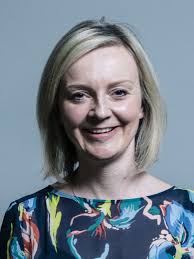
Liz Truss, International Trade Secretary, said:
The department is updating its modelling to reflect the modern economy and seismic changes we’ve seen over the past decade – not least the impact of tech, rising protectionism and Coronavirus.
Deep and dynamic free trade deals are even more valuable when trade barriers elsewhere are high, and we want our economic assessments to reflect that.
Better modelling will help us capture the full benefits of free trade agreements and strike British-shaped deals that suit our economy and deliver for the whole country.
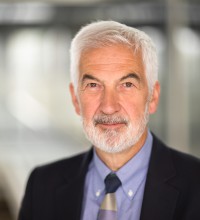
Professor Tony Venables, said:
Trade policy modelling provides the tools for thinking through possible effects on the UK of changes in trade policy and in the world economy at large.
The panel will provide DIT with analysis and recommendations on how best to use these tools to fully capture effects, while being evidence based and presenting findings in a comprehensible and transparent manner.
 Australia
Australia Hong Kong
Hong Kong Japan
Japan Singapore
Singapore United Arab Emirates
United Arab Emirates United States
United States France
France Germany
Germany Ireland
Ireland Netherlands
Netherlands United Kingdom
United Kingdom
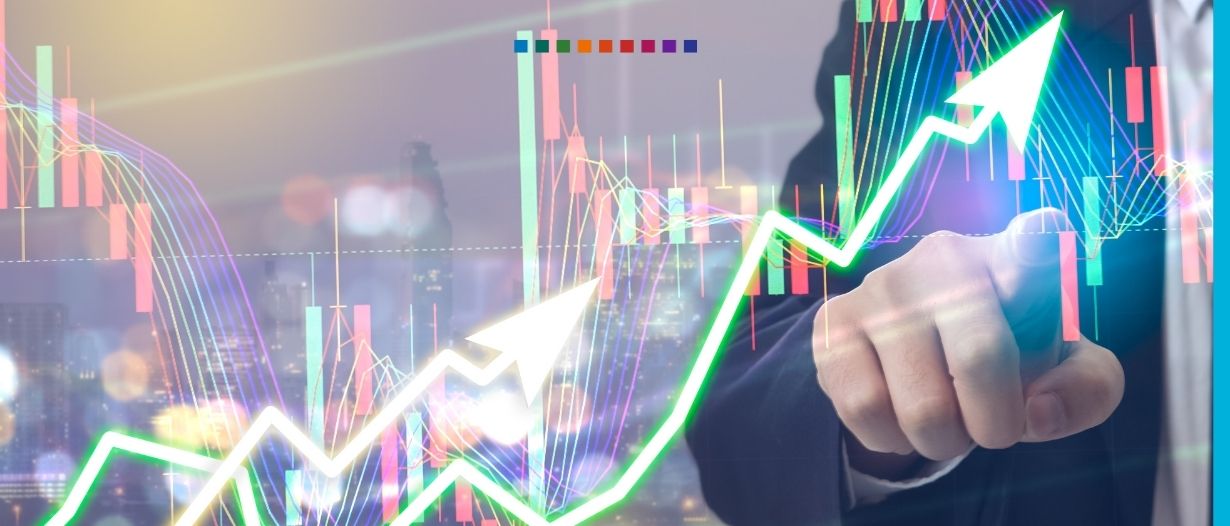


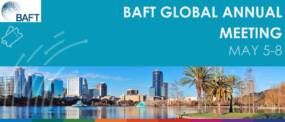

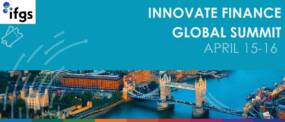
Comments are closed.